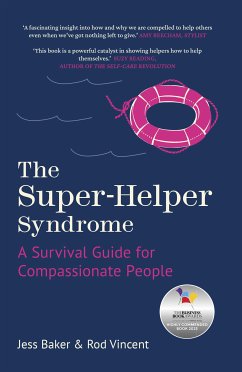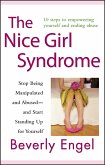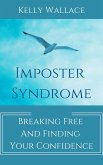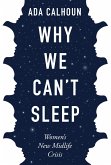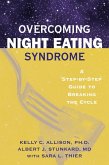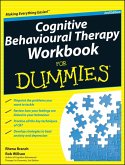The Super-Helper Syndrome offers a new perspective on the psychology of helping. It sets out how helping works and why it sometimes goes wrong. It brings to life psychological and neuroscientific research to explain the roots of compassion and empathy. It goes deep into the belief system of helpers and reveals what really motivates them. It illustrates all this with excerpts from a broad spectrum of interviews with paid and unpaid helpers, from ICU nurses to lawyers, volunteers to live-in carers. The book provides activities for the reader to profile and analyse their own helping relationships. It offers support for people who want to adopt a Healthy Helper Mindset, including meeting their own needs, building assertiveness and setting helping boundaries. It guides the reader towards countering the inner critic with mindful self-compassion. It's only by doing these things that compassionate people can be most effective at helping others.
This book is for anyone who helps to the detriment of their own wellbeing. It's for anyone who wants to support the helpers in their life: colleagues, employees, family members or friends. And it's for anyone who wants to understand how helping works and to be better at it. It has been written because it's vital to improve the lives of those who improve the lives of others.
Dieser Download kann aus rechtlichen Gründen nur mit Rechnungsadresse in A, B, BG, CY, CZ, D, DK, EW, E, FIN, F, GR, H, IRL, I, LT, L, LR, M, NL, PL, P, R, S, SLO, SK ausgeliefert werden.

